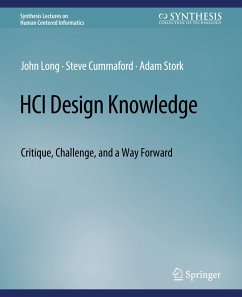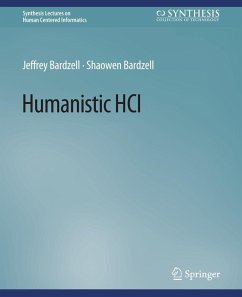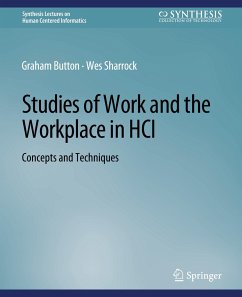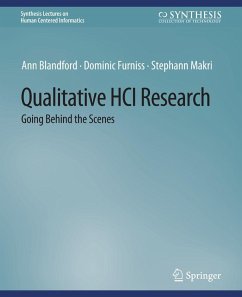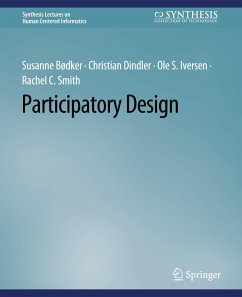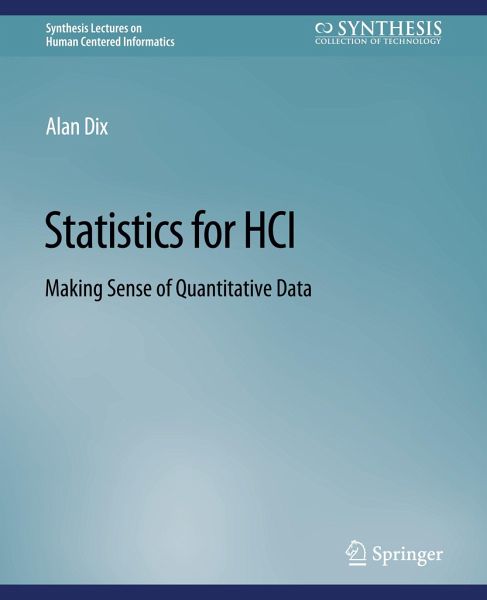
Statistics for HCI
Making Sense of Quantitative Data

PAYBACK Punkte
0 °P sammeln!
Many people find statistics confusing, and perhaps even more confusing given recent publicity about problems with traditional p-values and alternative statistical techniques including confidence intervals and Bayesian statistics. This book aims to help readers navigate this morass: to understand the debates, to be able to read and assess other people's statistical reports, and make appropriate choices when designing and analysing their own experiments, empirical studies, and other forms of quantitative data gathering.



